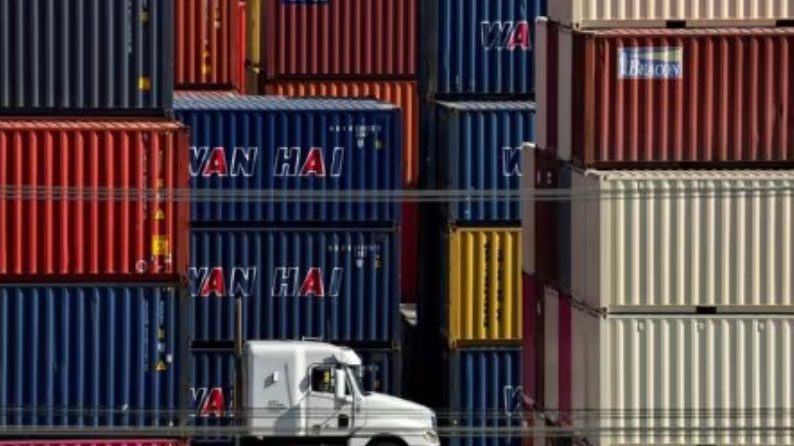Thousands of license applications by US companies to export goods and technology around the globe, including to China, are in limbo because turmoil at the agency in charge of approving them has left it nearly paralyzed, two sources said.
While US Commerce Secretary Howard Lutnick has become a familiar face touting President Donald Trump’s tariff and trade deals, sources said the export bureau under Lutnick’s command has failed to issue expected new rules, stifled communications with industry representatives, pushed out experts, and lost staff through buyouts and resignations.
Shipments of artificial intelligence chips from Nvidia to China are the most high-profile example of licenses not being swiftly approved. The company said July 14 the government assured it licenses would be granted for its H20 chip, and it hoped to start deliveries soon. Lutnick and other officials confirmed sales would be allowed.
But sources said this week no licenses have yet been issued, and billions of dollars of AI chip orders are at stake.
One US official said the backlog of license applications is the lengthiest in more than three decades.
A spokesperson for Nvidia declined to comment.
The Commerce Department defended its licensing practices, saying its Bureau of Industry and Security “will no longer rubber-stamp license applications that raise grave questions of national security,” a spokesperson said.
“BIS is driving forward President Trump’s agenda through strong rules and aggressive enforcement,” the person added.
The turmoil and resulting inaction at an agency tasked with promoting overseas trade and safeguarding American technology are alarming both those seeking tougher restrictions on exports to China and companies trying to sell their wares abroad.
“Licensing is how the US does business and competes globally,” said Meghan Harris, who served on the National Security Council in the first Trump administration and has worked at Commerce. “Delays and unpredictability put us at an unnecessary disadvantage.”
BIS averaged 38 days per export license application in fiscal year 2023, the most recent data available, denying 2 percent of 37,943 applications.
The license process enforces US export restrictions in an effort to make sure sensitive goods and technology do not reach countries or entities whose use of the items could harm US national security.
Some staff have criticized Jeffrey Kessler, who became BIS undersecretary in March, saying he has micromanaged the bureau and failed to communicate adequately.
At a staff meeting soon after he took office, Kessler urged BIS staff to limit communications with company representatives and industry officials, according to two additional sources, who said he later asked for all meetings to be entered on a spreadheet.
Getting approval from Kessler’s office to attend meetings with other government agencies has also been tricky, those sources said, speaking anonymously because they were not authorized to speak publicly.
The BIS spokesperson said Kessler “is restoring integrity” to the bureau and enjoys Lutnick’s “full confidence.”





